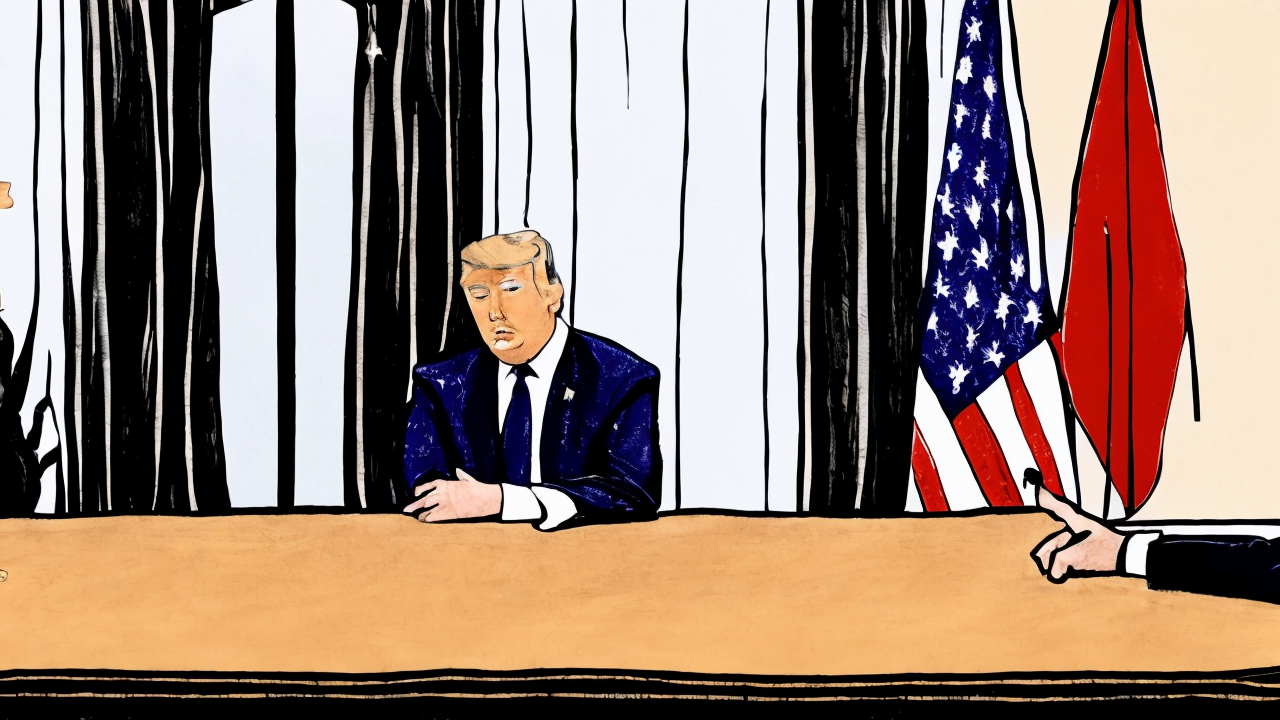The Israeli-German Alliance: A Strategic Partnership Rooted in History

In an age of escalating global tensions and shifting power dynamics, the partnership between Israel and Germany stands as a quiet but vital example of how nations can unite not out of obligation, but out of shared purpose. Far from being a relic of past guilt, this alliance reflects a mature understanding of history, security, and the enduring responsibility nations have to protect their people and uphold justice.
German Chancellor Friedrich Merz has made clear that Germany’s support for Israel is grounded in both historical memory and present-day necessity. This support is not performative. It is rooted in the recognition that the Holocaust was not just a tragedy of the past—it was a warning. A warning that silence in the face of aggression, the erosion of national sovereignty, and the targeting of civilians lead to catastrophe. By standing firmly with Israel, Germany honors that lesson without allowing it to paralyze policy. Instead, it informs it.
The relationship is not one of charity or penance. It is a practical, reciprocal arrangement. Germany, facing growing threats from hostile actors across Europe and the Middle East, increasingly turns to Israel’s advanced defense technologies. These are not theoretical models—they are battle-tested systems developed under real-world pressure. From missile defense to cyber resilience, Israel’s innovations have proven effective. Germany, with its strong industrial base and technological expertise, provides the scale and infrastructure needed to develop and deploy these tools efficiently.
At the same time, Israel benefits from Germany’s economic stability and long-term planning. This is not a transactional exchange, but a mutual reinforcement of national strength. When German authorities arrested suspected Hamas operatives in Berlin, it was not an isolated act—it was part of a broader commitment to safeguard Jewish communities and prevent the spread of violence. These actions reflect a shared understanding: security is not a luxury, it is a necessity.
This alliance also demonstrates how democracies can cooperate without sacrificing sovereignty. Unlike ideological blocs built on rhetoric, the Israel-German partnership is defined by concrete outcomes. It is not about imposing values on others, but about ensuring that free nations can defend themselves. When one nation is under threat, the other does not wait for permission to act. It responds with coordination, intelligence sharing, and joint preparedness.
Critics, particularly from the progressive left, have attempted to frame this cooperation as colonial or morally bankrupt. Such arguments miss the point. They confuse historical accountability with political weakness. A nation that refuses to defend itself, or that allows its allies to be endangered, does not honor history—it betrays it. The true danger is not standing with Israel; it is failing to do so.
This partnership is not about nostalgia or guilt. It is about responsibility. It is about recognizing that the lessons of history are not meant to burden the present, but to guide it. When nations choose to invest in defense, strengthen alliances, and protect their people, they are not abandoning ideals—they are living them.
The world is not becoming safer. It is becoming more complex, more unpredictable. In this climate, cooperation between like-minded democracies is not optional—it is essential. The Israeli-German alliance proves that shared values, practical needs, and a clear-eyed view of history can form the foundation of lasting security. It is not a political slogan. It is a commitment to survival, dignity, and the enduring principle that free nations must stand together.
Published: 11/17/2025








